CoL Centre 2019 Students
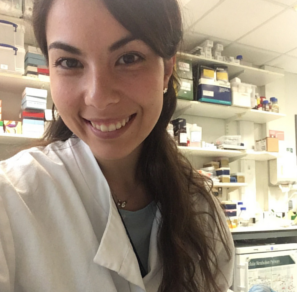
Alessandra Ferrelli
CoL Centre PhD Student
Francis Crick Institute
I obtained my BSc in Biotechnologies at La Sapienza University of Rome. During my BSc lab project in Silvia Piconese’s lab, I developed a strong interest in cancer biology and immunology. I then obtained my MSc Degree in Cancer and Molecular and Cellular Biology at Queen Mary University of London, where I had the chance to do my MSc project in Richard Grose’s lab.
During my PhD, I will be based at the Crick Institute with Dominique Bonnet as my primary supervisor. I will also have the opportunity to work in Shahram Kordasti’s lab, my secondary supervisor, at King’s College. I will focus on investigating the role of healthy/inflamed mesenchymal stem cells in myeloproliferative neoplasms (MPN) and leukemic transformation.
From personal experience, I know how cancer can change a person’s life. My aim is to identify novel biotherapeutic targets for MPN, in order to prevent MPN patients from developing leukaemia.

Eva Bugallo Blanco
CoL Centre PhD Student
King’s College London
I am a PhD student in cancer immunotherapy at Guy´s Hospital (King´s College London, KCL) and Barts Cancer Institute (BCI). My doctoral research, led by Dr. Sophie Papa (KCL) and Jane Sosabowski (BCI), aims to increase the success of cancer immunotherapy for solid tumours by developing an absolute quantitation method for genetically modified T-cell-based therapies. I investigate chimeric antigen receptor (CAR) T-cell behaviour in pre-clinical models using dual isotope PET/SPECT/CT imaging.
I hold a BSc in Biotechnology from the University of Salamanca (Spain), having completed my final year at University of Melbourne (Australia) and an MRes in Molecular and Cellular BioSciences from Imperial College London. In the past, I have worked on different projects in neuroscience and synthetic biology. Before joining KCL, I worked with Dr. Karin Straathof at UCL Great Ormond Street Institute of Child Health in the development of T-cell based therapies for two childhood cancers i.e., neuroblastoma and DIPG. I also worked on the dissociation of fresh tumour samples to assess for candidate target antigen expression using scRNAseq. I enjoy sharing my research not only with other researchers but also with members of the general public, so please do get in touch if you would like to know more.
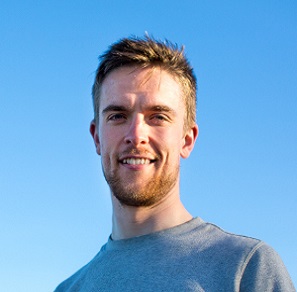
James Black
Clinical Research Training Fellow
UCL
I am working with Nicky McGranahan and Mariam Jamal-Hanjani at the UCL Cancer Institute. My PhD will use genomic and transcriptomic analysis to gain further insight into the functional impact of genetic heterogeneity within cancer. I will be working on data from the TRACERx cohort study of non-small cell lung cancer.
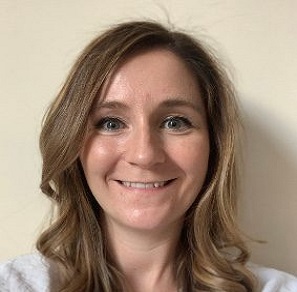
Sarah Duncan
Clinical Research Training Fellow
Queen Mary University of London
I am a medical oncology trainee starting as a clinical research fellow in Susana Godinho’s lab at BCI. Pancreatic cancer has been identified as a cancer of unmet need with a 5 year survival that has not really improved over the past 20 years. It is characterised by an intense stromal reaction which can act as a barrier to chemotherapy and contributes to the poor prognosis.
My project has 3 key aims:
- characterise the fibrotic reaction induced by exosomes in pancreatic ductal adenocarcinoma (PDAC)
- Investigate the role of exosome mediated fibrosis in PDAC progression
- Test the predictive value of exosomes derived from cells with extra centrosomes in patients
I hope this project will help me gain a better understanding of the molecular basis of cancer and how scientific research gets from the lab to the patient.
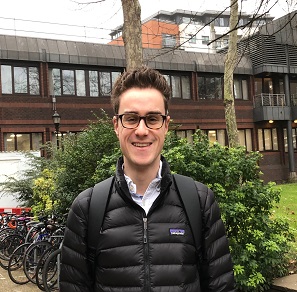
Ashley Vardon
Clinical Research Training Fellow
UCL
I am a Paediatric ST3 in the West Midlands. I have previously completed a NIHR academic foundation program and clinical fellowships, which have mainly involved the investigation of amino acid deprivation in paediatric cancers.
I am undertaking a CRUK clinical research training fellowship at UCL Great Ormond Street Institute of Child Health and my PhD is will investigate the role of senescence in a paediatric high grade glioma called DIPG. In the future, I hope to continue research in paediatric brain tumours and pursue a combined clinical and academic career in paediatric neuro-oncology.
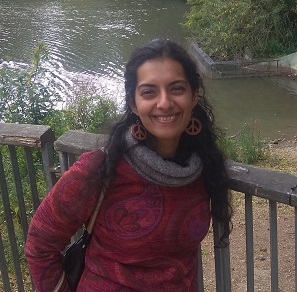
Vinaya Gunasri
Clinical Research Training Fellow
Queen Mary University of London
I am a histopathology trainee registrar with a career aim of developing into a Clinical Academic Pathologist. I am currently undertaking a Clinical Research Training Fellowship in the Cancer Evolution laboratory, Department of Tumour Biology, Bart’s Cancer Institute, London with Professor Trevor Graham as primary supervisor and Prof. John Bridgewater as secondary supervisor. My project is focussed on elucidating the relationship between aneuploidy and immune evasion in colorectal cancer.
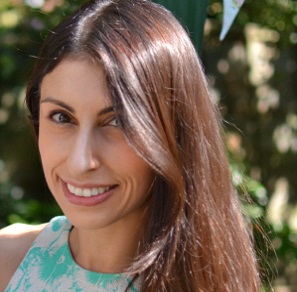
Zena Willsmore
Clinical Research Training Fellow
King’s College London
I am a Dermatology Registrar in my final year of training at Guy’s and St Thomas’ Hospital. I completed my undergraduate medical training at Imperial College London in 2010 with distinction and a 1st class Honours Bachelor of Science degree in Endocrinology. I have attained MRCP (UK) in 2014 and the Specialty Certificate in Dermatology MRCP (Derm) in 2017.
I am undertaking a PhD at KCL entitled ‘The humoral immune response in patients with melanoma undergoing checkpoint inhibitor therapy’ under co-supervisors Dr Sophia Karagiannis, Dr Katie Lacy and Dr Sophie Papa. The advent of immunotherapy has revolutionised the treatment of melanoma, the focus has shifted from surgical to oncological management. Checkpoint inhibitor therapies targeting anti-cytotoxic T lymphocyte antigen-4 (CTLA-4) and anti-programmed cell death protein 1 (PD1) receptors on the T cell surface are now widely used. These agents harness T cell responses by blocking inhibitory molecules on the T cell surface. In contrast, the role of B cells in the tumour microenvironment and in the context of immunotherapy is not fully understood. Characterisation of the humoral immune response in melanoma and its modulation by immunotherapy may provide insights into clinical response to treatment, with the ultimate aim of predicting patient response, and identifying new molecular targets for treatment.

Charles Agbuduwe
Clinical Research Training Fellow
UCL
I am a specialist registrar in haematology with an interest in immune therapies.
My PhD research focuses on fine tuning CAR T-cell therapy for solid childhood tumours with the rare gamma-delta T-cells as vehicles. Using novel strategies, I intend to better understand the function of these cells and optimise their therapeutic potential for solid cancers.
I am excited to be part of the first cohort of CRUK City of London Clinical PhD trainees and look forward to the opportunities for collaboration between London’s renowned institutions.
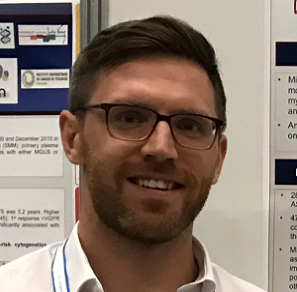
Michael Austin
Clinical Research Training Fellow
Queen Mary University of London
I initially trained as a mechanical engineer and then worked in various clinical engineering roles before going to med school and qualifying as a doctor. I am part way through training as a haematologist and would like to be involved in clinical research so decided the time was right to come out of training to do a PhD. I will be working in Bela Wrench’s laboratory in Bart’s Cancer Institute investigating novel drug combinations for acute lymphoblastic leukaemia.
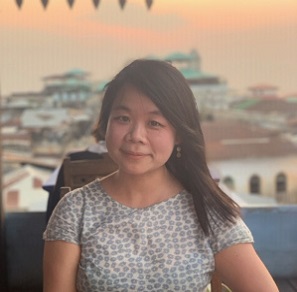
Jiexin Zheng
Clinical Research Training Fellow
Queen Mary University of London
I’m a clinical research fellow in the Fitzgibbon lab at the Centre for Genomics and Computational Biology, Barts Cancer Institute. My research focus is on the acute myeloid leukaemia genome, specifically in the poor risk population. Prior to my transition into the world of laboratory research I was a clinical haematology trainee at UCLH, my interest in myeloid neoplasms led me to pursue my current PhD project, which is supported by a fellowship from Cancer Research UK.
I completed my medical training at Cambridge and Imperial with an intercalated degree in neuroscience. Deciding on haematology as a specialty stems from the bench to bedside aspect of haematological research- it’s hugely rewarding to be able to understand the biology of the disease and apply that knowledge in the development of new therapies. I’m hoping my PhD will add to our understanding of poor risk acute myeloid leukaemia biology and identify potential new therapeutic targets.
